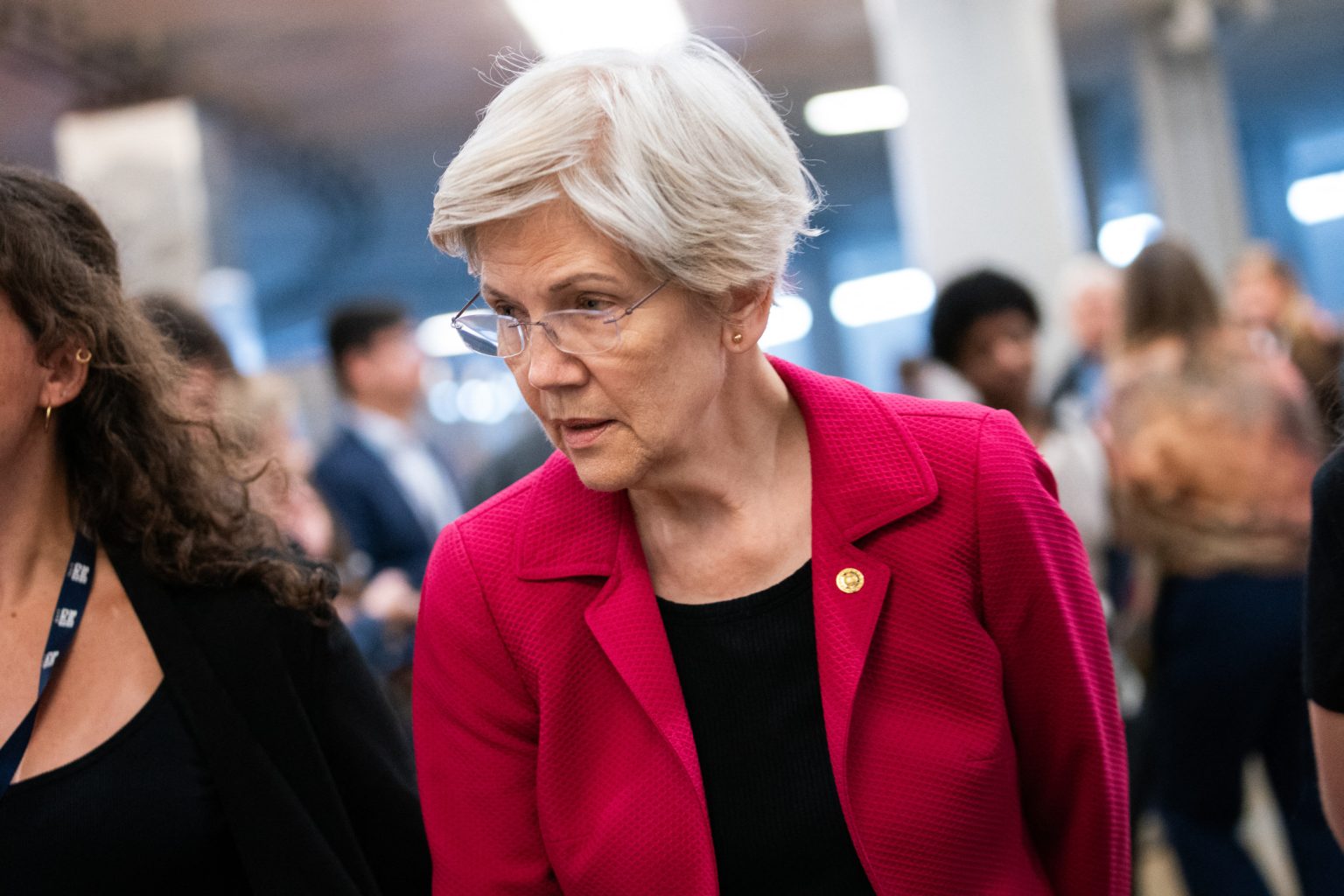The political landscape witnessed an unlikely convergence of opinions as Democratic Senator Elizabeth Warren and President-elect Donald Trump found common ground on the issue of the federal debt ceiling. Warren publicly endorsed Trump’s call to eliminate the debt ceiling, a position traditionally opposed by fiscal conservatives. This unusual alliance highlights the complexities of the debt ceiling debate and the potential for bipartisan cooperation, or perhaps, strategic political maneuvering.
The debt ceiling, a legal limit on the amount of money the federal government can borrow, has long been a contentious issue in American politics. Conservatives typically view raising or eliminating the debt ceiling as enabling unchecked government spending, while liberals often argue that it’s a dangerous political tool that can jeopardize the nation’s economic stability. Trump’s call to abolish the debt ceiling, echoed by Warren, injected a new dynamic into the debate, potentially shifting traditional partisan lines.
Trump’s reasoning, as articulated in an interview with NBC News, was that the debt ceiling is “meaningless” and its elimination would be the “smartest thing” for the country. He even suggested a willingness to collaborate with Democrats to achieve this goal. This declaration came just hours before a Trump-backed temporary funding bill, which included a two-year suspension of the debt ceiling, failed to pass the House. The bill’s failure underscored the deep divisions within the Republican Party itself on the issue of government spending and debt.
Warren, known for her progressive stance, expressed long-standing support for eliminating the debt ceiling, accusing Republicans of using it as leverage to hold the economy hostage. She framed her agreement with Trump as a matter of principle, emphasizing the need to end the recurring political brinkmanship surrounding the debt limit. This public alignment with Trump, despite their vast ideological differences, underscores the unusual political dynamics at play.
Reactions to this unexpected alliance were varied and predictable. Republican Congressman Chip Roy reiterated his commitment to linking any increase or suspension of the debt ceiling to significant spending cuts. This position reflects the continued resistance within the Republican party to raising the debt limit without addressing underlying spending concerns. On the other side of the aisle, Democratic Senator Chris Murphy expressed skepticism about Trump’s motives, suggesting that his desire to eliminate the debt ceiling was driven by a desire to facilitate tax cuts for the wealthy, thereby increasing the national debt burden on ordinary Americans.
The future of the debt ceiling remains uncertain. While Trump maintains considerable influence within the Republican Party and some Democrats might support its elimination, significant conservative opposition could hinder any legislative efforts to repeal it. With Republicans controlling both houses of Congress, GOP leaders who support the debt ceiling could easily obstruct any attempts to abolish it. The coming months will reveal whether this unusual alliance between Warren and Trump can translate into meaningful legislative action, or whether the debt ceiling will continue to be a source of political contention and economic uncertainty. The intricacies of the political landscape and the diverse motivations of the key players make predicting the outcome a complex exercise. Only time will tell whether this unexpected convergence of opinion will lead to lasting change in the way the US government manages its debt.













